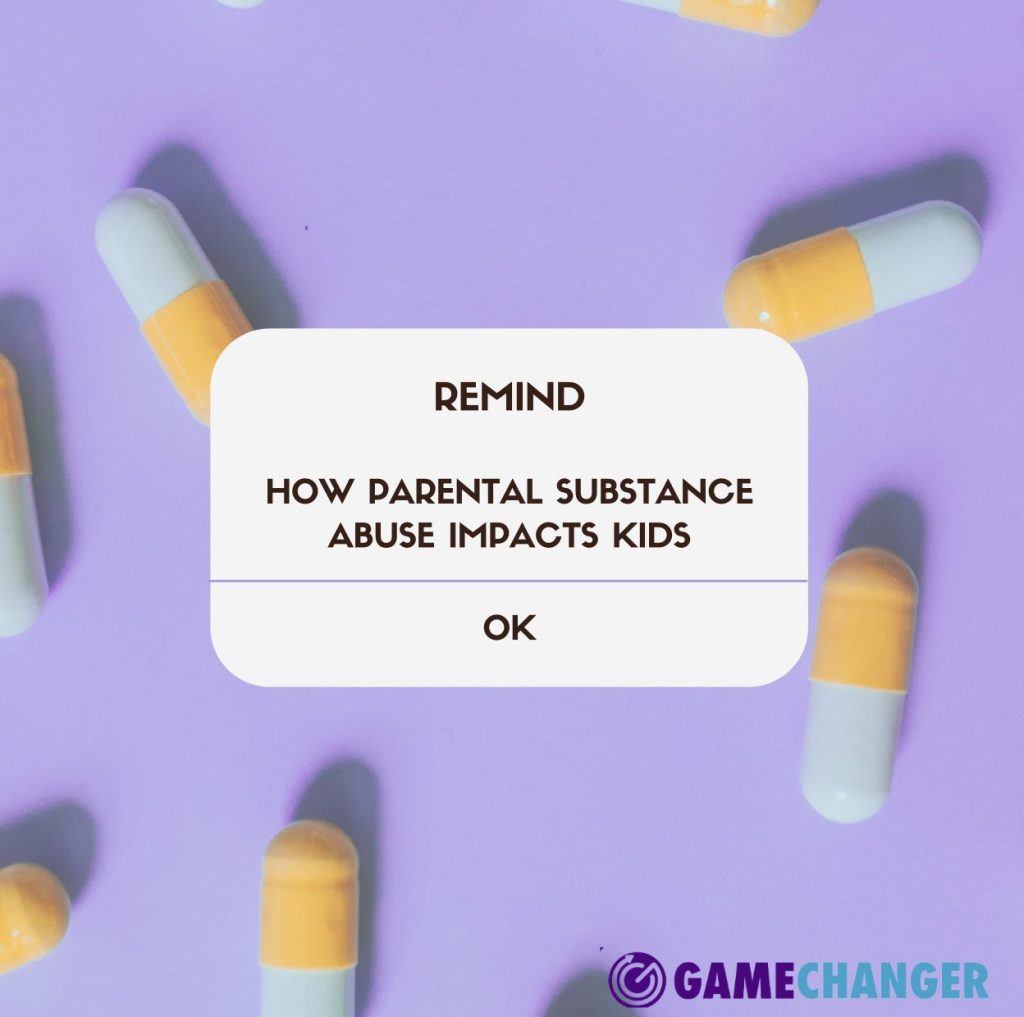
Addiction is a complex and multifaceted issue that can impact individuals from all walks of life. It’s not solely a matter of weak willpower; rather, addiction arises from a combination of genetic, environmental, and psychological factors. By understanding the risk factors associated with addiction, we can take proactive steps to prevent its development and provide better support to those who may be at risk. Look at the ten key risk factors that could potentially contribute to the development of addiction as discussed by the National Institute of Health (NIH) and the Mayo Clinic and evaluate how to ensure you and the people in your life remain safe.
- Genetics and Family History
Genetics play a significant role in addiction risk. If there’s history of addiction in your family, you may be genetically predisposed to developing an addiction that could vary in severity. Certain genes can influence how an individual’s body responds to substances and the likelihood of becoming dependent.
- Mental Health Conditions
Individuals with mental health conditions such as depression, anxiety, or bipolar disorder are at a higher risk of developing an addiction. Many people may turn to substances to self-medicate and alleviate emotional pain. According to the NIH, Exercise improves mental health byreducing anxiety, depression, and negative mood and by improving self-esteem and cognitive function. Exercise has also been found to alleviate symptoms such as low self-esteem and social withdrawal which can all lead to substance abuse and addiction.
- Early Exposure
Early exposure to drugs or alcohol, especially during adolescence when the brain is still developing, can increase the risk of addiction. The developing brain is more susceptible to the effects of substances, potentially leading to long-lasting changes.
- Peer Pressure and Social Environment
The company you keep can influence your likelihood of developing an addiction. If you’re surrounded by people who use substances regularly, you’re more likely to experiment and potentially develop a dependency.
- Lack of Parental Supervision
A lack of parental involvement or supervision during childhood and adolescence can contribute to addiction risk. Children and teens without proper guidance may be more likely to engage in risky behaviors, including substance use. Youth are less likely to use addictive substances if their parentstalk early and often about the risks, establish clear rules and consequences, and regularly monitor their activities. Active involvement and support of caring adults are both critical in the prevention of youth substance abuse.
- Trauma and Stress
Experiencing trauma or chronic stress can increase the risk of addiction. Substances may offer temporary relief from emotional pain, leading to a pattern of use that can turn into addiction.
- Easy Access to Substances
Having easy access to drugs or alcohol can significantly increase the likelihood of addiction. This is why it’s important to limit access to these substances, especially for individuals with known risk factors.
- Lack of Coping Skills
Inadequate coping skills for dealing with life’s challenges can drive individuals to turn to substances to manage stress and negative emotions.
- Socioeconomic Factors
Poverty, lack of education, and limited access to healthcare can contribute to addiction risk. Individuals facing these challenges may see substances use to escape their difficult circumstances.
- Personality Traits
Certain personality traits, such as impulsivity, sensation-seeking behavior, and a lack of self-control, can increase the risk addiction. These traits may make individuals more prone to trying substances without fully considering the consequences.
Addiction is a complex interplay of genetic, environmental, and psychological factors. By understanding and recognizing these risk factors, we can work towards preventing addiction and providing appropriate support to those who need it. It’s essential to remember that addiction is a treatable condition, and seeking help early can make a significant difference in an individual’s journey to recovery. Whether through education, supportive communities, or professional intervention, addressing these risk factors is a crucial step in minimizing the impact of addiction on individuals and society. GameChanger programming is designed to educate, support, and empower young West Virginians to live healthy, drug free lifestyles while preparing to be to be our leaders of tomorrow.